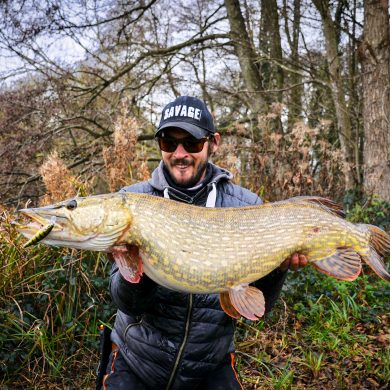Autumn Gold & Ocean Silver
September – December 2011 : AST autumn programme of events
With the multinational £10 million SALSEA project, of which the AST was a prime mover and the only NGO funder, ending with the Salmon Summit in La Rochelle in October, we have an opportunity to talk to fishery managers, owners, anglers and the conservation-minded public about the importance of these indicator species of fish and how they, through changes in their wellbeing and abundance, are telling us about our own environment and things that affect us directly.
It is not widely appreciated how much information a salmon can gather in its 3 to 9 year life. These extraordinary fish, after starting life in the tiny streams of our uplands and growing to about 6″ in length in our rivers, choose to go to sea, swimming thousands of miles to reach their feeding grounds, before returning to their native rivers to start the next generation’s life cycle. Each fish contains a ‘package’ of information, far more than the International Space Station ever gathered! That epic journey was until recently a closed book to fishery managers, who understandably concentrated all their efforts on the freshwater phase of the lives of these fish. With limited knowledge, most of their management actions were based on their understanding of the freshwater environment and guesswork: for example, there was no explanation as to why grilse and late-running salmon were getting thinner, or why spring salmon numbers were diminishing.
Now that information is gradually becoming available as new scientific instruments and methods reveal the inner secrets of the lives of the Atlantic salmon. Some people ask, “why is this information important?” on the grounds that we can’t do much about what is going on in the ocean. Our response is that knowledge of the whole life of the salmon gives the manager insights, implications and applications that enable him or her to make more precise interventions to conserve and enhance stocks and their component populations. If the manager understands why a particular genetic group of salmon is not doing well, because he knows they go to a part of the ocean where food is scarce, he is in a better position to take management-effective decisions than ever before, to protect those fish from over exploitation. For the first time we are seeing the lives of salmon (and sea trout) in the round, and that enables us to take better care of them.
These are some of the issues that we will talk about and discuss with you at Alnwick Castle on the 30th of September, Baronscourt in Northern Ireland on the 21st of October and at Fishmongers Hall, London Bridge on the 13th of December.
Come and join us!
For further information about the events at Alnwick and Baronscourt, please contact our Administrator, Marjorie Hunter, marjorie@atlanticsalmontrust.org, Tel 01738 472032.
To register for the Ocean Silver conference at Fishmongers’ Hall. London Bridge, on 13th December, please visit the conference pages on http://www.atlanticsalmontrust.org/oceansilver/

